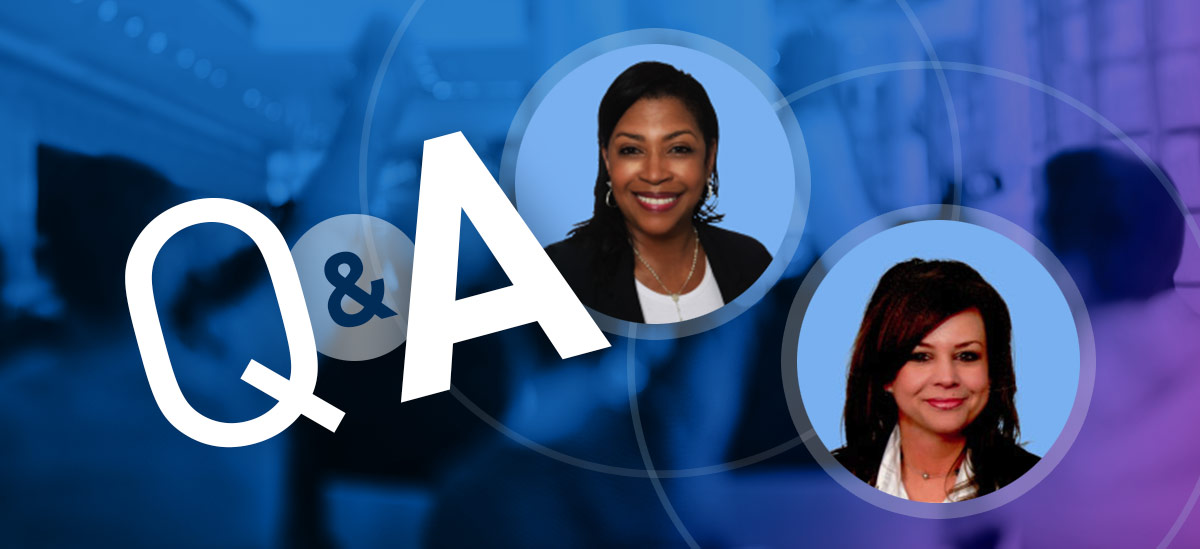
Morris, a PNC business banker in Erie, Pennsylvania, and McNorton, a minority business development officer in Troy, Michigan, are experienced and committed to helping women protect their information and assets.
How prevalent is financial fraud?
Morris:
Check fraud – which increased by 40% in 2022 worldwide – is the most common form of fraud cases our clients see. A study showed that 66% of organizations in the United States have been targets of check fraud.[1] When businesses mail a check, it includes their routing number, account number, authorized signature – everything a fraudster needs to reproduce the check if it gets in the wrong hands.
McNorton:
I have had clients experience fraud through ACH transactions as well. That’s when someone takes the routing and account numbers from your check and pays a bill electronically. If a business doesn’t monitor its accounts daily, automatic transactions can debit their account without them realizing it. ACH debit fraud accounted for 37% of payments fraud in 2021, globally.[2]
How damaging can bank fraud be for customers and businesses?
McNorton:
Several years ago, someone gained access to some of my own personal and financial information, which created complications for me when I tried to open financial accounts or purchase a home, for example. The fraudsters even filed for my income tax refund. So, I'm passionate about helping people understand how important it is for them to be mindful, not scared, and informed so that they can avoid what I've experienced.
What about email scams?
Morris:
Every business has a vendor they purchase from frequently. Say that vendor’s accounts receivable person’s email is compromised, and you receive an email saying, “Hey, we have opened a new account. Please start sending your payments to this account using these new routing and account numbers.” Or, “Please start mailing your payments to this new address.” If you’re not calling your vendor to verify the changes, that puts you at risk to be defrauded.
What should I do if my finances are compromised?
McNorton:
Quick action helps curb damage from fraud, but challenges can remain. Trying to bandage the leak of my personal information was a daunting experience. I placed a freeze on my credit and found a company to monitor my personal information. I also filed a police report, contacted the Federal Trade Commission to provide details of my identity theft, and worked with my local post office to ensure my mail arrived only at my address.
If you have a financial account anywhere, make sure you set up daily alerts through your institution with a transaction range of $.01 or more.
Morris:
Once someone has your personal or business identification, you are already subject to theft. To protect further losses, some clients move the bulk of their cash into a checking or savings account that isn’t used for anything else. This means you have routing and account numbers that don’t ever see a public eye. This can also be a more proactive way of monitoring your accounts to prevent fraud.
How else do financial institutions help clients avoid fraud?
Morris:
Banks offer a variety of treasury management services that can monitor and lock down business accounts when suspicious transactions are detected. Cultivating a good relationship with your bank or your business banking relationship manager is also key. When we know our clients and understand their business and opportunities for risk, we can recommend solutions to help mitigate the potential for fraud.




